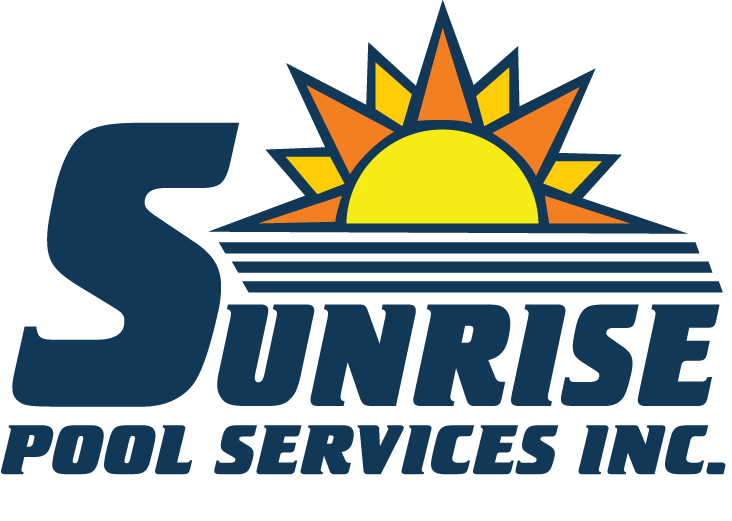[et_pb_section fb_built=”1″ admin_label=”section” _builder_version=”3.22″][et_pb_row _builder_version=”4.9.4″ _module_preset=”default” custom_padding=”1px|||||”][et_pb_column type=”4_4″ _builder_version=”4.9.4″ _module_preset=”default”][et_pb_text admin_label=”Text” _builder_version=”3.27.4″ background_size=”initial” background_position=”top_left” background_repeat=”repeat”]
The COVID-19 stay-at-home restrictions have made residential swimming pools a more important part of our summer plans. The virus has created a heightened awareness of the importance of sanitizing everything and raised questions about swimming pool sanitizers and swimming pool care in Cumming, GA.
[/et_pb_text][et_pb_image src=”https://sunrisepool.com/wp-content/uploads/2021/11/sunrise-pool-services-inc._-what-are-the-different-types-of-swi.jpg” title_text=”sunrise-pool-services–inc._-what-are-the-different-types-of-swi” _builder_version=”4.9.4″ _module_preset=”default” hover_enabled=”0″ sticky_enabled=”0″][/et_pb_image][/et_pb_column][/et_pb_row][et_pb_row _builder_version=”4.9.4″ _module_preset=”default” custom_padding=”0px|||||”][et_pb_column type=”4_4″ _builder_version=”4.9.4″ _module_preset=”default”][et_pb_text admin_label=”Text” _builder_version=”3.27.4″ background_size=”initial” background_position=”top_left” background_repeat=”repeat”]
Pool maintenance professionals understand the importance of maintaining a sanitary, safe pool. Sanitizers, and other pool maintenance supplies, are available in Cumming. Here’s some basic information about the most common ones:
Chlorine
Chlorine is commonly used. It releases hypochlorous acid that kills the bacteria and harmful microorganisms that can cause health problems like ear infections, athlete’s foot, gastroenteritis, and other diseases. It should be tested daily to assure proper levels of disinfection.
There are stabilized and unstabilized chlorine. Stabilized chlorine contains cyanuric acid, which helps it remain in the pool longer. That means you don’t have to add as much chlorine as often as you would if you were using unstabilized chlorine. Unstabilized chlorine doesn’t have cyanuric acid. It dissipates more quickly and is vulnerable to the sun, so it’s used with indoor pools.
Chlorine is a cost-effective way to sanitize your pool, which makes it the most popular choice for residential pools.
Ultraviolet
Ultraviolet light can be used as a non-chemical water sanitizer or supplemental disinfectant. It kills parasites, bacteria, and viruses and inactivates pathogens.
Bromine
Bromine is part of the same chemical family as chlorine and can be an effective disinfectant. It can’t be stabilized so it shouldn’t be used outdoors, but it’s often used in commercial indoor swimming facilities.
Ozone
Ozone is a safe alternative to chlorine and can be used to kill bacteria, viruses, and parasites. It’s a gaseous molecule that doesn’t leave a disinfectant residual as it oxidizes organic and inorganic chloramines.
PHMB
Polyhexamethylene Biguanide (PHMB) is an organic polymeric disinfectant used in swimming pools and spas. It’s in the same chemical family as peroxide. Some health departments don’t approve the use of PHMB for commercial applications because it’s not compatible with copper algaecides or potassium monopersulfate, so its use is typically limited to small, residential pools. Biguanides don’t degrade with sunlight, temperature, or changes in pH levels like chlorine does, but they can gum up pool filters. Filter cleaning products are available for those who choose to use PHMB.
Basic Safety Rules
Regardless of the sanitizer you choose, remember to:
- Always read and follow the manufacturer’s instructions.
- Never mix different types of chlorine or mix chemicals together. Add each to the pool separately.
- Avoid breathing fumes.
- Store chemicals in a cool, dry, and shaded place.
- Make sure pool chemicals are stored safely away from children.
- Buy only the chemicals you’ll use during the season as they lose effectiveness over time.
Clean Frequently
Remove leaves, bugs, and other debris as soon as possible to eliminate potential stains, reduce effects on water chemistry, and help maintain a safe, clean swimming environment. Regular pool maintenance is important to keep your pool free of algae and disease-causing pathogens so you can enjoy clean, clear pool water and have happy swimmers. If your pool gets more use than usual, you’ll want to clean it more. You may want to consider using a pool service.
The experts at your pool service company in Cumming, GA, can provide regular pool maintenance and answer your questions about pool sanitizers. They’ll help you create a personalized plan for your pool, so contact them today and enjoy a safe and healthy swim season.
[/et_pb_text][/et_pb_column][/et_pb_row][/et_pb_section]

